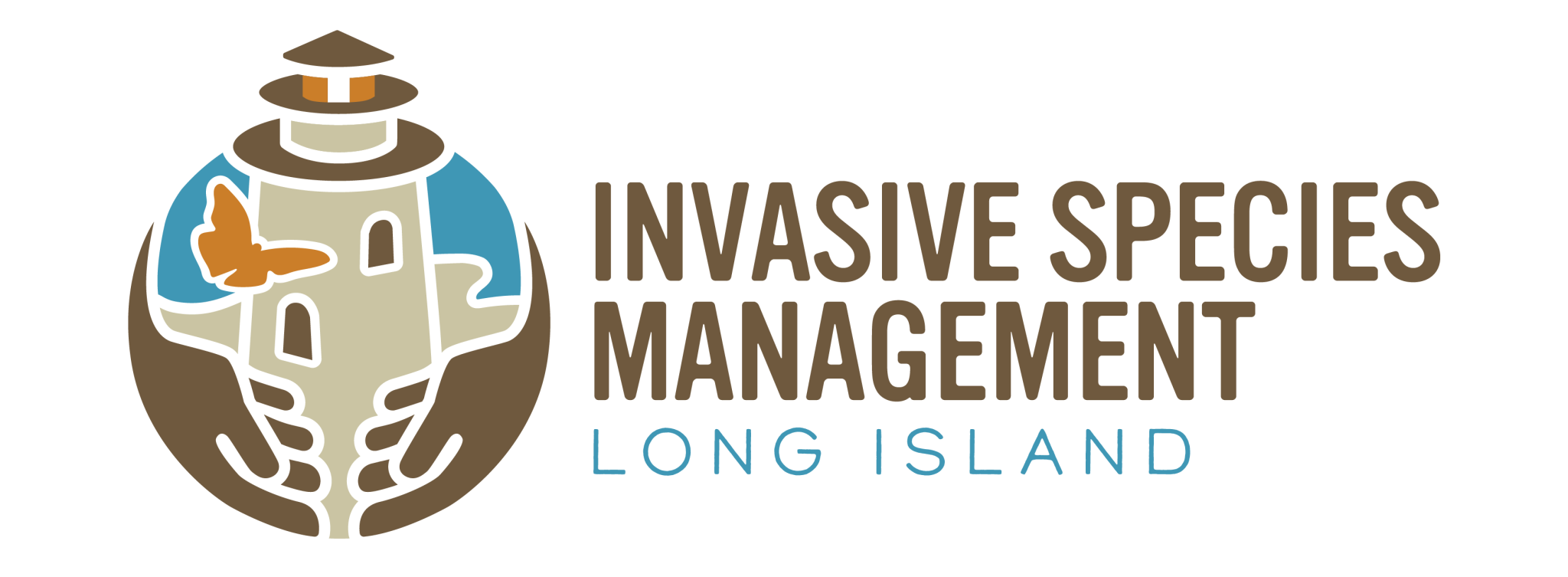The Long Island Native Plant Initiative (LINPI) is an all-volunteer cooperative effort of over 30 non-profit organizations, governmental agencies, nursery professionals, and citizens.
Our Story
The Long Island Native Plant Initiative (LINPI) was established in 2011 to make available local genotype plant material that is better adapted to Long Island’s unique environmental and cultural conditions. LINPI is a volunteer cooperative effort of over 30 non-profit organizations, governmental agencies, nursery professionals and citizens working together to preserve biodiversity and ecosystem function on Long Island by providing commercial sources of genetically appropriate local (ecotypic) plant materials for use in nursery, landscaping and habitat restoration activities.
Long Island is a diverse mosaic of maritime grasslands, pitch pine, oak and beech forests, rivers, streams, tidal marshes, bluffs and beaches that are fragmented by human development. A decline in local biodiversity continues as natural habitats are further encroached upon by more development, agriculture and invasive species.
Conserving biodiversity has long focused on habitat and species. But the importance of protecting genetic biodiversity is gaining momentum. It is possible to obtain seeds for plant species that grow on Long Island, but the genetic basis of these plants is usually not local (e.g., switchgrass seed from Wisconsin). At LINPI’s founding there was limited and, in most cases, no available local sources of grasses, forbs, shrubs and trees of the local genotypes for use in ecological restoration, nursery propagation, or landscaping projects.

Over 80 species preserved and in production
What We Do
Conserving Biodiversity by Preserving genetics
Our multi-faceted approach to conserving local biodiversity includes:
Establishing commercial sources of locally ecotypic seed and plants
Contributing to a regional seed bank
Fostering a demand for native plants
Serving as a propagation resource for the nursery industry
Ethics
LINPI follows strict seed-collection ethics, leading the industry in the harvesting of wild-grown seeds and the production of native plant propagation, following protocols outlined by the State of New York.
Our organization holds seed-collection permits with the State of New York, working in accordance with the various local County and Town municipalities, as well as private land owners, in order to source our initial stock of wild-grown seed.
We strongly focus on capturing as much genetic variation as possible during our efforts of collecting and propagating native plant material, while minimizing the ecological impacts of our wild-sourced seed harvests.
Community
LINPI relies on the local community for continued assistance to reach our goals. We thank all of our volunteers, as well as the various non-profit organizations, governmental agencies, and nursery professionals for their ongoing support of our operations and mission.
Our Techniques
Seed Collection
Annual seed collection is necessary to maintain an active seed bank, to replenish seed from annual propagation activities and to ensure high quality genetically diverse seed. Seed collection occurs on sites where there has been no restoration with cultivated plants or seed. LINPI collections occur on parklands, preserves and private lands. In all cases, permission is obtained from the landowner. Harvested seed is used to establish founder plots or for the production of plants.
Seed cleaning
Once harvested, seed is dried to reduce decay and disease and to increase viability. Since many seeds are harvested on stem, additional processing is required and this takes place at the USDA Natural Resources Conservation Service Plant Materials Center in Cape May, New Jersey. Although seed cleaning is a laborious process, it is critical to ensure high quality seed for storage and subsequent use.
seed banking
A seed bank is a central repository of harvested seed from select plant species. Seed banking is critical to LINPI activities because the bank provides ready access to high quality viable seed from each collection site for future seed propagation. LINPI seed collections are stored at the Greenbelt Native Plant Center’s Regional Seed Bank in Staten Island in a climate controlled environment to ensure a constant supply of genetically diverse and high quality seed.
plant propagation
Herbaceous and woody plants are propagated at the Sister’s of St. Joseph Campus in Brentwood for subsequent use in founder plots or sale. Some seed are first scarified and stratified to break dormancy and then placed into seeding trays.
Small plantlets are then transplanted in to larger trays which are then eventually moved to an outside yard so that the plants can acclimate. Greenhouse maintenance and care is performed by our wonderful nursery staff and volunteers.
founders plot
Once ecotypic plants have been propagated in containers, they are transplanted into our Founder’s plot that is used to produce modest quantities of seed for subsequent commercial scale production. The use of founder plots results in the the controlled and satisfactory yield of weed-free seed which is the genetically pure representation for the seed production.
Long Island Invasive Species Management Area (LIISMA)
LINPI is proud to administer the Long Island Invasive Management Area (LIISMA), a New York State designated Partnership for Regional Invasive Species Management (PRISM).
Invasive species are one of the greatest threats facing our ecosystems. These invaders also negatively effect the economy by directly competing with native species for resources and by being agricultural pests or disease.
Grants
Depending on our fluctuating stock, we have the ability to provide small batches of plants for projects. LINPI provides plants for approved public projects and organizations (restorations, parks management, education). If you have such a project, please fill out the below Grant Application.
Native Plant Partners
There are several organizations which LINPI partners with to help further our mission of preserving Long Island’s biodiversity, providing native plants to the public, and education/volunteer activities.



